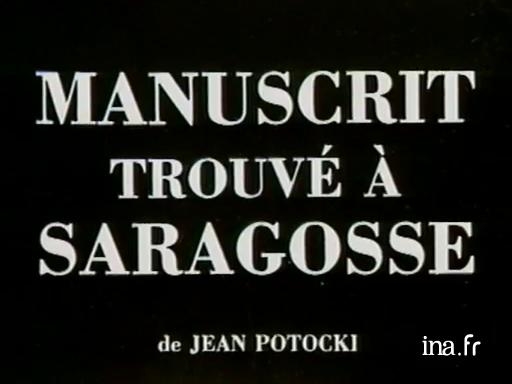About the Manuscrit trouvé à Saragosse

Information
An interview with Rene Radrizzani, responsible for the first complete edition of the famous novel Le Manuscrit trouvé à Saragosse published by with Corti, written by the Polish Jean Potocki.
Context
Jan Potocki was born in Poland in 1761, to a very powerful and rich family which gave him French as his maternal language. Very early on, he travelled, visiting countries one after another: Italy, Spain, Sicily, the Netherlands, Germany, England, Russia, Siberia, Morocco, Tunisia, Malta, Constantinople and even Egypt. These discoveries were an occasion for him to tell numerous travel stories, while paying particular attention to Slavic people, which are one of his recurring interests. He participated in Polish politics as a deputy in Diete (Poland's parliament) and a minister of education.
He was also a writer, thanks to the publishing of The Manuscript Found in Saragossa, a masterpiece of fantasy literature. This novel-survey is considered by Roger Caillois and the surrealists to be a forerunner of fantasy. He was influenced by features of gothic literature and apprenticeship novels, which are libertine, philosophical, and picaresque, thereby creating a novel about novels. Many lost or scattered manuscripts caused its publication to be delayed, and the choice of publishing houses was questionable: the novel, written in French, was translated into German, then Polish, before being translated back into French for its first run. Sick and suffering from depression, Potocki commited suicide in 1815. It wasn't until 2006 that a serious version based on the different versions of the story were published in France.


